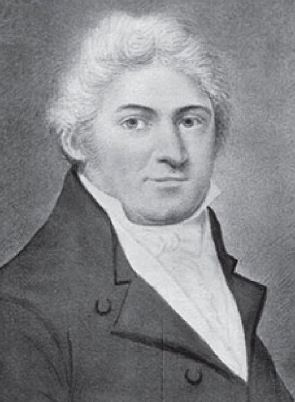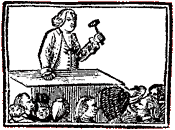Legal Trouble in Pembroke
I also noted that Whitman decided not to get involved in the Quincy Congregationalist meeting’s feuding factions and became a lawyer in Pembroke instead.
While looking into Whitman I came across this posting from the Hanson Historical Society, based on research by Mary Blauss Edwards. Until 1820, Hanson was the western parish of Pembroke.
The posting details the troubles that the couple John London Kelley and Susannah Prince ran into in 1804 after they started to farm land in Pembroke rented from Whitman. Kelley and Prince both had African and Native ancestry, so that while they had grown up in the town they were living on its margins.
This is how the troubles began:
One cold night in January 1805, an acquaintance, Benjamin Bates of Hanover, appeared at their door. Bates had overdue debts and had recently heard about a job opportunity to work as a sailor aboard a ship. Bates perhaps drunkenly heard about the job at a Pembroke or Hanover tavern, because he apparently did not inform any relatives or friends about his sudden money-making intentions.Kelley and Prince were jailed on suspicion of murder, then released because of lack of evidence—only to find that Whitman had rented the farm to another man. (Also a person of color.)
Benjamin Bates was welcomed into John London Kelley and Susannah Prince’s home, where Bates asked to exchange some of his old clothes for food to take on his journey, then immeditately left for Plymouth or Boston port. Within several days, Bates’ friends began to speculate where he was, and rumors began to circulate throughout Pembroke and Hanover.
It quickly became apparent that Benjamin Bates had last been seen at the Kelleys’ home on the “evening of his departure.” The Kelleys later reported that “suspicions were excited against [us], that [we] had murdered the said Bates and concealed his death; popular prejudice being excited against us, it was but a short period before we began to experience some of its distressing effects.”
To forestall the couple’s complaints, or perhaps to drive them out of town, Whitman then filed suit against them for not paying rent while they were in jail. He won the case, forcing Kelley into financial default.
But the story wasn’t over. Visit the Hanson Historical Society page to read more.





